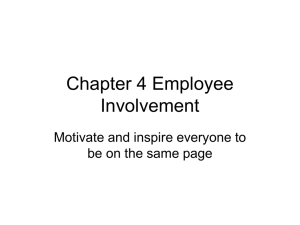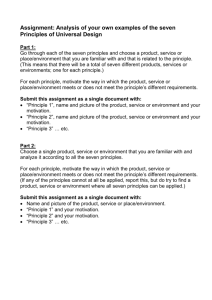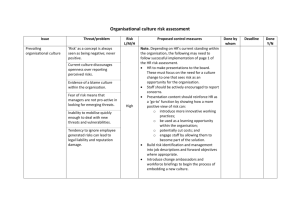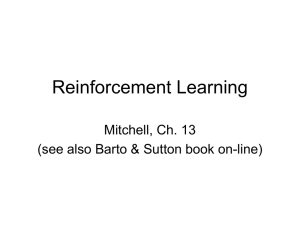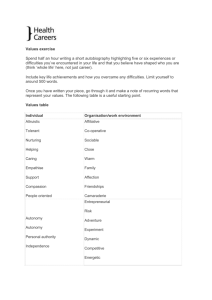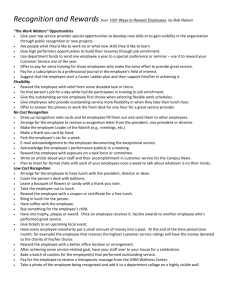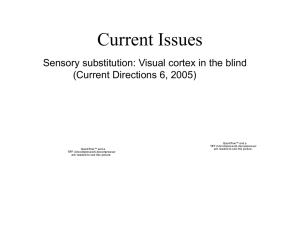Q No.1: What evidence is there that employee award schemes can
advertisement
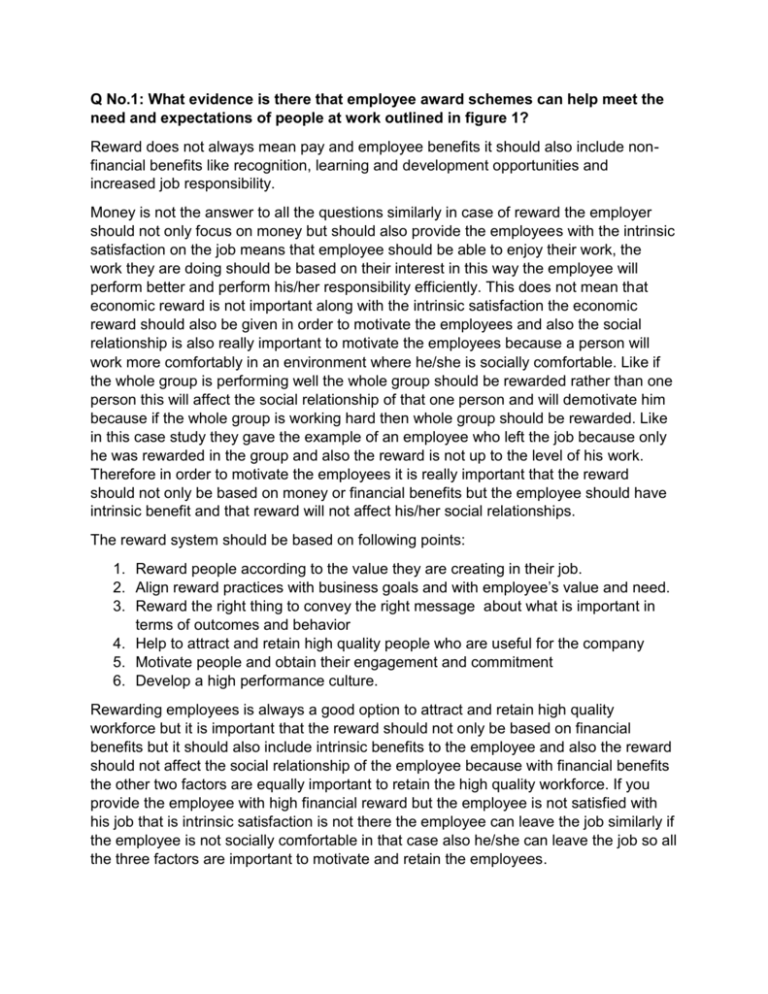
Q No.1: What evidence is there that employee award schemes can help meet the need and expectations of people at work outlined in figure 1? Reward does not always mean pay and employee benefits it should also include nonfinancial benefits like recognition, learning and development opportunities and increased job responsibility. Money is not the answer to all the questions similarly in case of reward the employer should not only focus on money but should also provide the employees with the intrinsic satisfaction on the job means that employee should be able to enjoy their work, the work they are doing should be based on their interest in this way the employee will perform better and perform his/her responsibility efficiently. This does not mean that economic reward is not important along with the intrinsic satisfaction the economic reward should also be given in order to motivate the employees and also the social relationship is also really important to motivate the employees because a person will work more comfortably in an environment where he/she is socially comfortable. Like if the whole group is performing well the whole group should be rewarded rather than one person this will affect the social relationship of that one person and will demotivate him because if the whole group is working hard then whole group should be rewarded. Like in this case study they gave the example of an employee who left the job because only he was rewarded in the group and also the reward is not up to the level of his work. Therefore in order to motivate the employees it is really important that the reward should not only be based on money or financial benefits but the employee should have intrinsic benefit and that reward will not affect his/her social relationships. The reward system should be based on following points: 1. Reward people according to the value they are creating in their job. 2. Align reward practices with business goals and with employee’s value and need. 3. Reward the right thing to convey the right message about what is important in terms of outcomes and behavior 4. Help to attract and retain high quality people who are useful for the company 5. Motivate people and obtain their engagement and commitment 6. Develop a high performance culture. Rewarding employees is always a good option to attract and retain high quality workforce but it is important that the reward should not only be based on financial benefits but it should also include intrinsic benefits to the employee and also the reward should not affect the social relationship of the employee because with financial benefits the other two factors are equally important to retain the high quality workforce. If you provide the employee with high financial reward but the employee is not satisfied with his job that is intrinsic satisfaction is not there the employee can leave the job similarly if the employee is not socially comfortable in that case also he/she can leave the job so all the three factors are important to motivate and retain the employees. Q No. 2: Explain which two motivational theories you think are most useful for the manager who is planning an employee reward scheme both to decide what to include in the scheme and what to avoid? Motivation process is basically associated with the consious or unconsious recognition of unsatisfied needs.Goals are established that are based on fullfilling those needs. If the goals are achieved the need is satisfied and behavior is likely to be repeated the next time. There are different types of motivation intrinsic motivation and extrinsic motivation. Intrinsic motivations is created from the work itself hat is if the work is of employees interest it will motivate the employees to work hard and extrinsic motivation is what is done to motivate the employee this includes increased pay, recognition, praise or promotion. There are various motivational theories to motivate the employees like: 1. 2. 3. 4. Instrumentality, behaviorists, and reinforcement theories Needs or content theory Herzberg`s two factor theory Process or cognitive theory Instrumentality theory is based on the concept that people only work for money it states that people will be more motivated if rewards are tied to their performance and it focus on the fact that if one want to motivate the employee they can simply do that by giving them financial reward and not focusing on the other needs of the employee. Need (content) theory is based on the fact that unsatisfied needs create tension and disequilibrium and in order to achieve the equilibrium it is necessary that the needs of the employees are satisfied. Maslow was the well-known contributor of the theory. This theory means that to motivate the employee it is necessary that their needs are satisfied only then an employee can perform well in an organization. Herzberg`s two factor theory stated that factor that lead to job satisfaction are distinct from the factor that lead to job dissatisfaction. The factors that lead to job satisfaction are achievement, recognition and the work itself, responsibility and growth and the other type of factors that are the dissatisfaction avoidance or hygiene factors includes pay, company policies, personal relations and status these factors cannot motivate the employee but they can be served as the preventive action. The basic focus of this theory was on the fact that money is a motivator but the motivation attained from money is short lived. Process or Cognitive theory they are referred as a psychological process or forces that effect motivation as well as basic needs, the process covered by the more relevant theory that are the expectancy theory, goals achievement and feeling about equity. Expectancy theory is based on two factors 1. The reward should satisfy the needs of employee that are need for security, social esteem, autonomy and self-actualization and 2. The probability that the rewards depends on efforts as perceived by the employees. Goal theory states that the performance is higher when the individual set specific goals and equity theory states that the people will be better motivated if they are treated equitably and demotivated if they are treated inequitably So therefore according to my analysis the reward system should be based on both intrinsic and extrinsic satisfaction and not only the financial need of the employee should be cater but also the other needs of employees should also be taken in to account when rewarding the employee.
